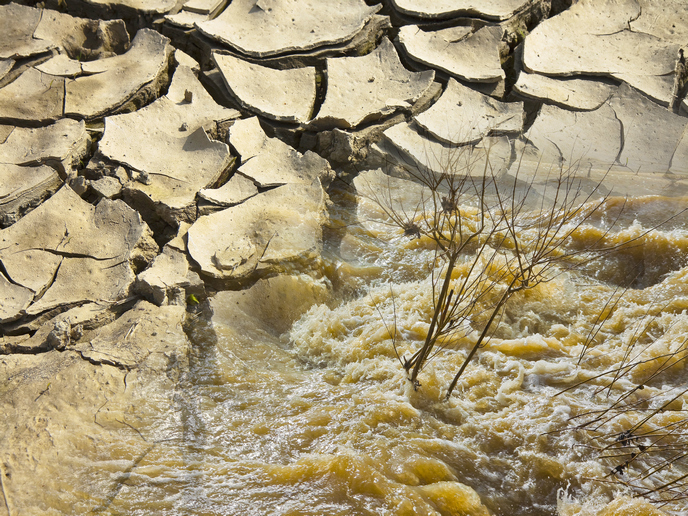Avoiding soil desertification
Irrigation of agricultural crops takes a heavy toll on freshwater resources. Saltwater is substituted when the supply of freshwater is not sufficient. Saltwater irrigation is also often significantly cheaper. Another benefit is the pesticide-like action of saltwater. However, there are serious drawbacks with saltwater irrigation. The salts accumulate in the soil where they inhibit the take-up of water by the plants. Some salts are also toxic to the plants themselves. The end result is reduced crop yields. If the salts are not flushed out with freshwater, the problem can intensify over time. This leads to soil degradation and eventually desertification. Research funded by the ENV 2C Programme has led to significant advances in the understanding of the salinisation process. Measurements from experimental plots in Sicily were used to validate and calibrate the LEACHM model and the SWAP model, which accounts for bypass flow of water and solutes to greater depths via large pores and cracks in the soil. The role of bypass flow in the process of accumulation and leaching of solutes has also been investigated, by field and laboratory experiments. The work resulted in several useful guidelines for saltwater irrigation. For example, the use of sprinkler systems amplifies salinisation and should be avoided. Methodologies for assessing salinisation risk and evaluating the effectiveness of countermeasures were developed. These results can be exploited by farmers across Europe as well as resource management authorities. The aim is to prevent desertification and to help promote sustainable agriculture practices.







